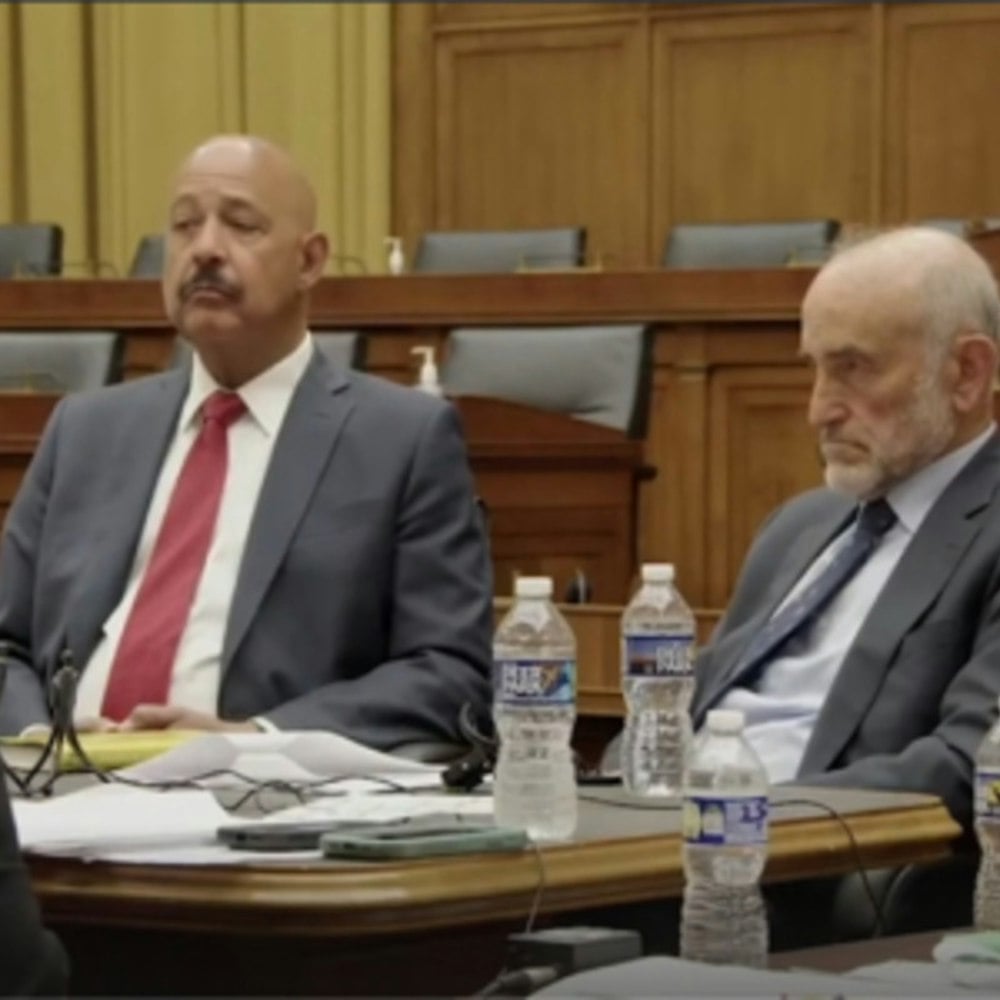
The landscape of American intelligence operations saw a definitive shift with the President's signature on H.R. 7888, a significant piece of legislation titled the “Reforming Intelligence and Securing America Act.” Signed into law on Saturday, the act represents a marked change in how the United States handles its foreign intelligence activities.
With its goal to extend and modify Title VII of the Foreign Intelligence Surveillance Act, which pertains to the country's foreign intelligence gathering efforts, this new law carries substantial bipartisan support and garnered accolades from high-ranking officials; however, the details concerning how these reforms will affect surveillance activities remain to be seen while the implications of such changes are widely discussed among policymakers and privacy advocates alike.
Among the lawmakers who played key roles in the passage of this bill were Leader Schumer and Leader McConnell on the Senate side and Speaker Johnson and Leader Jeffries in the House, as acknowledged in the White House statement. The statement also expresses gratitude for their leadership and the collective effort in shaping this pivotal legislation.
The Reforming Intelligence and Securing America Act has set the stage for a fresh dialog about national security and gives a nod to a nuanced approach to collecting intelligence that intends to strike an equilibrium between the need for security and the protection of civil liberties, this balance has been long debated within the halls of Congress and the wider community where the line is constantly redrawn in the face of emerging threats and evolving technology, and this piece of legislation adds another layer to the complex quilt of policies governing our national security framework.









